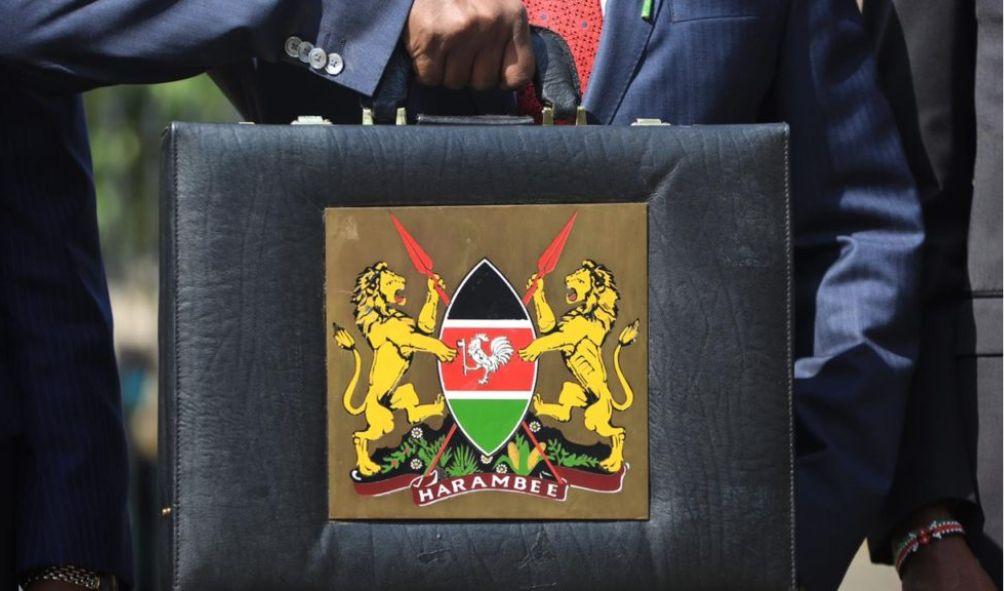Kenyan Public Unveils Troubling Aspects of Ruto’s Budget
Tuesday, July 4, Tifa Research released a report detailing the provisions of President William Ruto’s inaugural budget that Kenyans consider to be the worst.
The survey, which highlighted economic issues affecting the country, revealed that 25% and 28% of government and opposition supporters, respectively, were concerned about the increase in Value-Added Taxes (VAT) on petroleum products.
Ten percent of voters opposed the elimination of subsidies on basic foodstuffs, including maize. This was a key provision.
The housing program garnered a 4% approval rate, as the majority disapproved of the plan. In particular, 69 percent of respondents opposed the Housing Levy, while only 24 percent supported the program.
54% of Kenyans anticipate that those who contribute to the housing levy will not own a home, whereas 11% believe that the Kenya Kwanza administration will keep its word.
On the other hand, Kenyans praised Ruto’s allocation of Ksh628.6 billion to the education sector, which represents 17% of the 2023/24 budget.
ALSO READ: President Ruto’s Debut Budget Unveils Key Highlights
In addition, 3% of respondents lauded the subsidized farm inputs and other agricultural support. For the fertilizer program, Ruto’s budget allocated Ksh5 billion.
25% of respondents believed that the budget’s purpose was to increase revenue and decrease debt collection.
Ten percent of respondents, on the other hand, believed that the budget’s purpose was to increase development and improve services, while six percent noted that the budget’s objective was to narrow the gap between the rich and the poor.
Monthly Earnings
13 percent of Kenyans, according to the survey, earn between Ksh10,000 and Ksh20,000, while 10 percent earn between Ksh20,000 and Ksh50,000.
On the other hand, 3% reported earning more than Ksh50,000, while 24% reported earning less than Ksh10,000. 38 percent of respondents reported not receiving a salary in 2022.
Nearly one-third of currently unemployed Kenyans (31%) reported that they were never employed, while 8% indicated that they lost their jobs.
The majority of employed individuals (29%) are self-employed, while only 11% are full-time employees.
Kenyan Public Unveils Troubling Aspects of Ruto’s Budget
HEY READER. PLEASE SUPPORT THIS SITE BY CLICKING ADS. DON’T FORGET TO HIT THE NOTIFICATION BELL FOR MORE UPDATES AROUND THE GLOBE.
